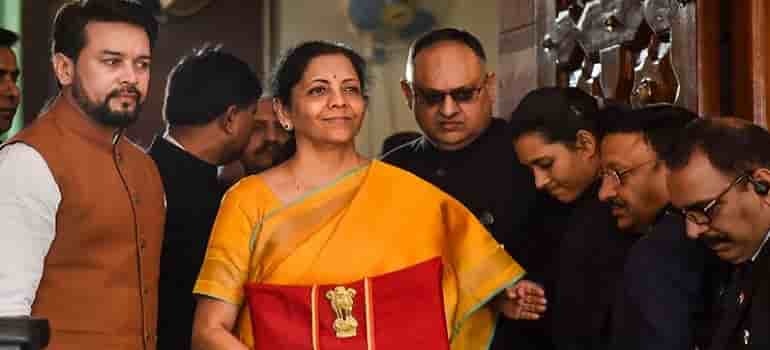
Environment activists and experts recently said the Budget announcements that India will soon have a policy on green hydrogen is a welcome step but expressed displeasure over lack of policy on closing inefficient coal plants and clarity on electric public transport vehicles.
Responding to the budget announcements, Aarti Khosla, Director Climate Trends, told IANS there were several key indicators that the budget was in line with global trends.
“The announcement that India will soon have a policy on green hydrogen is very much welcomed. Germany and many other EU countries have already set an ambitious green hydrogen policy. Even countries like UAE and Australia that are traditionally considered as the laggards of climate action have moved towards green hydrogen,” she said.
Another good indicator was reduced allocation to coal exploration, a reduction of 30 per cent compared to what was allocated in the previous budget, Khosla added.
Describing the budget a mixed bag for the environment, Institute for Energy Economics and Financial Analysis’ (IEEFA) Senior Energy Economist Vibhuti Garg said in the power sector, the government announced infusion of funds to the Solar Energy Corporation of India (SECI) and the Indian Renewable Energy Development Agency (IREDA), increased custom duties on solar lanterns and inverters to boost domestic manufacturing and also launching the National Hydrogen Mission. “What is missing is the support for closure of inefficient coal plants.”
“In the transport sector again, while there is allocation for augmentation of public bus transport services, it doesn’t say whether it will be electric vehicles.”
“There is a sum allocated to tackle air pollution and on the other hand, the government is extending the timeline for compliance of emission norms by power plants, which is a major cause of pollution. There needs to be a holistic approach, whereby pushing clean energy on one hand should not be weakened by pushing dirty fuels along with it,” the New Delhi-based Garg said.
Charu Lata, Lead Electric Mobility and Clean Energy Consultant, India Programme, Natural Resources Defense Council (NRDC), said: “The scrappage policy announced by the government is a welcome step. It will not only increase vehicle demand but will also put older polluting vehicles off the road.”
“For effective implementation, the policy can be made mandatory in a few years and regulations can be put in place to ensure that the scrapped vehicles are recycled to reduce environmental impact.”
NRDC energy expert Madhura Joshi said the Finance Minister reiterated the promise of solar for India.
“This was also supported by much need additional capital infusion for SECI and IREDA. With continued support and strong commitment, renewable energy, particularly distributed solutions, have the potential to equitably power India’s transition to a low-carbon future by boosting growth, creating jobs, supporting local livelihoods, and fighting climate change.”
Source: IANS

